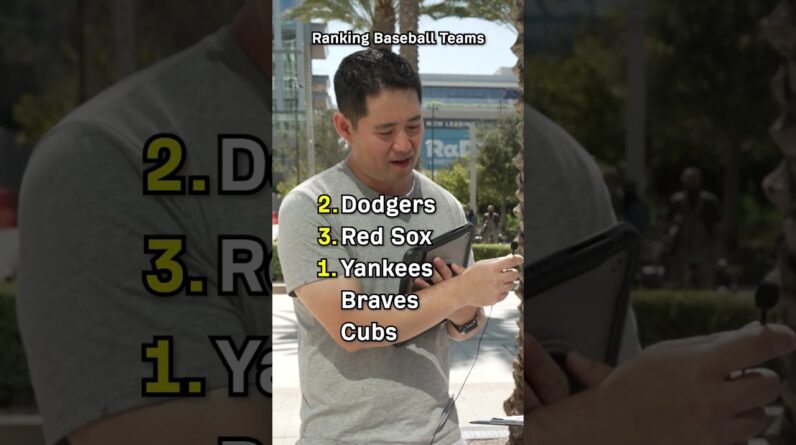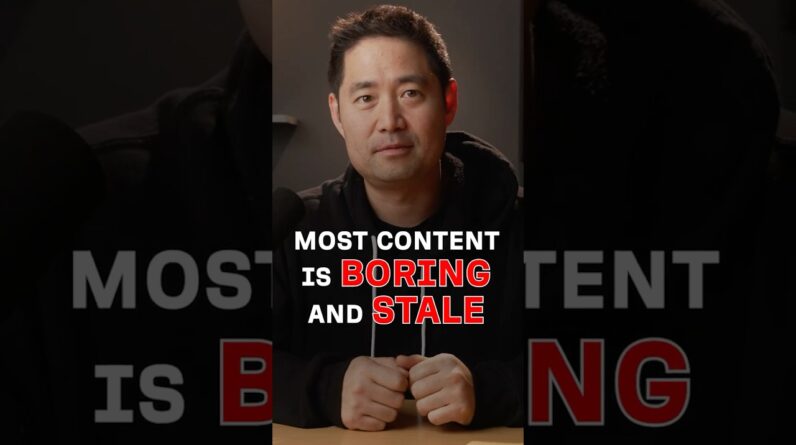
In this article, we will delve into the topic of whether we should delete or redirect old content on our website.
Should You Delete or Redirect Old Content?
Introduction
When it comes to managing your website’s content, a crucial decision often arises: should you delete outdated pages or set up redirects? In our digital age, where search engine algorithms constantly evolve, the impact of old content on your website’s performance cannot be underestimated. In this article, we delve into the importance of understanding when to delete old pages versus setting up redirects and how these decisions can significantly affect your SEO strategy.
The Importance of Content Audit for SEO
Before deciding whether to delete or redirect old content, conducting a comprehensive content audit is essential. A content audit involves evaluating all the pages on your website to determine their performance, relevance, and impact on your SEO efforts. By understanding which pages are underperforming or outdated, you can make informed decisions about their fate.
Benefits of Setting Up Redirects
Setting up redirects for old content presents several advantages that can positively impact your website’s overall performance:
- Preserving valuable backlinks: Redirects ensure that any backlinks directing to the old page are not lost, preserving the link juice and authority those links pass to your website.
- Improving user experience: Redirecting users to relevant pages when they attempt to access outdated content enhances user experience and reduces bounce rates.
- Maintaining site credibility: Redirects help maintain the credibility and professionalism of your website by guiding users to updated and accurate information.
How Deleting Old Pages Can Impact Your Website
On the flip side, deleting old pages without proper consideration can have adverse effects on your website’s performance:
- Loss of organic traffic: Deleting pages that ranked well for specific keywords can result in a drop in organic traffic and search engine visibility.
- Negative user experience: Users encountering dead-end pages or missing content may become frustrated, impacting their perception of your website.
- Decrease in valuable backlinks: Removing pages that attracted valuable backlinks can lead to a loss of link equity and authority.
Implementing Redirects for Better User Experience
Redirects play a critical role in optimizing user experience and maintaining the integrity of your website. By seamlessly guiding users from outdated pages to relevant content, you can enhance user engagement and retention:
- 301 redirects: Permanent redirects signal to search engines that the old page has permanently moved to a new location, consolidating the ranking signals and authority.
- 302 redirects: Temporary redirects are useful when you plan to bring back the old page or need to redirect traffic temporarily without affecting SEO.
Considerations for Decision-Making
When faced with the dilemma of deleting or redirecting old content, consider the following factors to make informed decisions:
- User engagement: Analyze whether the old content still attracts traffic and engages users. If the content is valuable and relevant, redirecting may be the best option.
- Relevance: Evaluate the relevance of the old content to your current SEO strategy and content goals. If the content no longer aligns with your objectives, deletion may be warranted.
- SEO implications: Assess the impact of deleting or redirecting old content on your website’s SEO performance, keyword rankings, and overall visibility.
Conclusion
In conclusion, the decision to delete or redirect old content can significantly impact your website’s performance, user experience, and SEO efforts. By conducting a thorough content audit, weighing the benefits of redirects, and considering key factors such as user engagement and relevance, you can make informed choices that benefit your website in the long run.
FAQs
- How can I determine if old content should be deleted or redirected?
- What are the potential SEO implications of deleting outdated pages?
- Do redirects pass link equity from old pages to new ones?
- Are there different types of redirects, and when should each be used?
- What strategies can help optimize user experience when implementing redirects?





